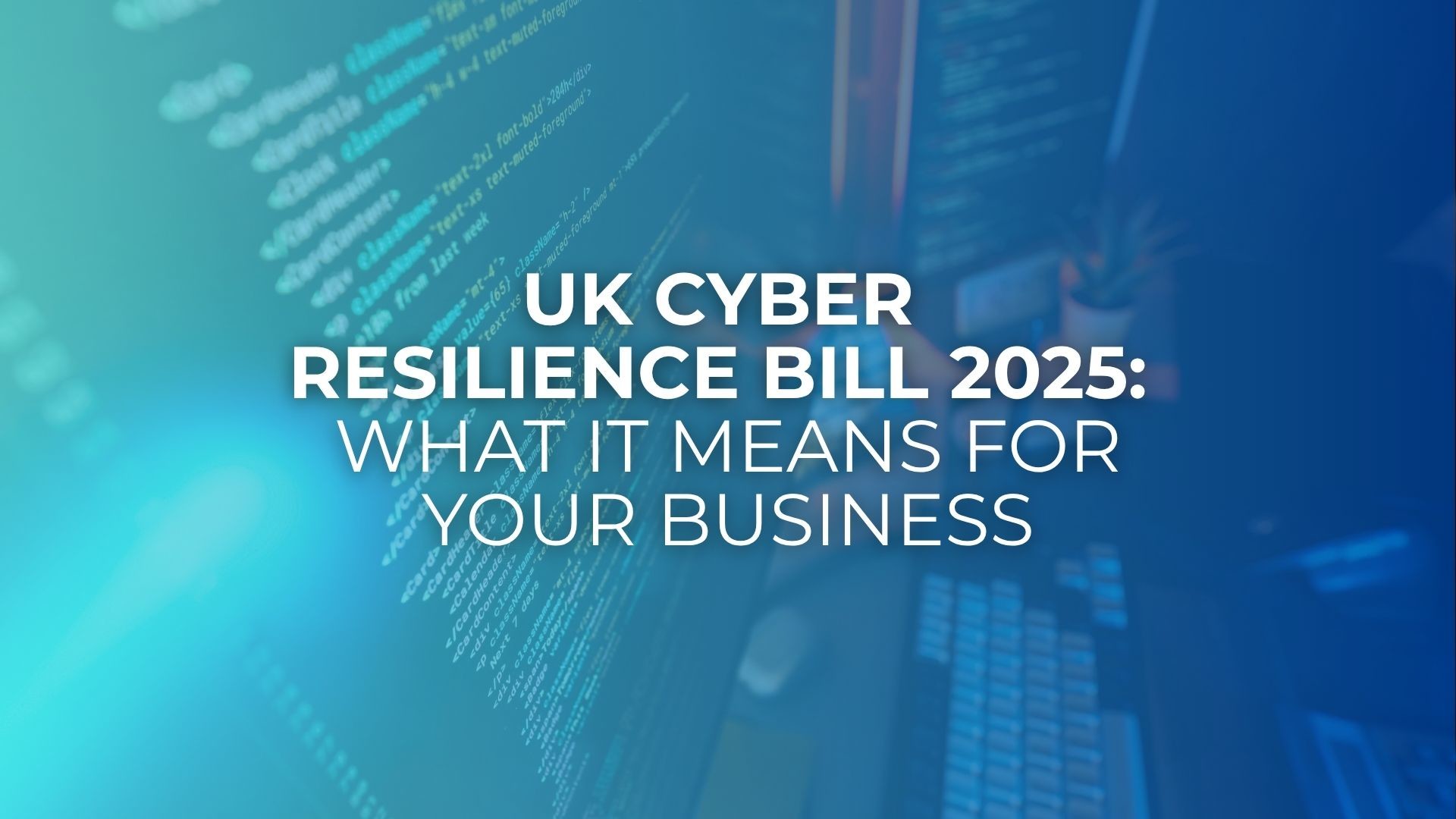AI is transforming the way we interact with technology, and its integration into the upcoming Web 3.0 is set to revolutionize the internet as we know it.
The integration of AI into the new decentralized web is poised to offer new levels of efficiency, personalization, and security to users. Web 3.0, also known as the decentralized web, is the next iteration of the internet, where data and user control are decentralized, giving users more control over their online presence and data. This new internet paradigm shifts the control of data from large corporations to individual users, who own and control their data.
The benefits of AI integration
The integration of AI into Web 3.0 is expected to bring about several benefits, including:
Personalized experiences: AI algorithms will be able to analyse user data, such as browsing patterns and search history, to offer a personalized experience. This will help users find what they are looking for faster and more efficiently, without having to sift through irrelevant information.
Improved security: Web 3.0 uses blockchain technology, which provides a secure, decentralized ledger of transactions. The integration of AI algorithms will enhance the security of the decentralized web by detecting and preventing fraud and cyber attacks in real-time.
Increased efficiency: AI will automate many tasks that are currently performed by humans, such as data analysis, content moderation, and customer service. This will help businesses operate more efficiently and reduce costs, while improving the overall user experience.
New business opportunities: AI will provide new opportunities for businesses to innovate and create new products and services. For example, AI algorithms can analyze customer data to identify new market trends and opportunities, which can help businesses stay ahead of the competition.
The integration of AI into Web 3.0 will also have a profound impact on the way we interact with the internet. For example, AI algorithms will enable natural language processing, which will allow users to interact with websites and online services using their voice or written text. This will make the internet more accessible to people who are unable to use traditional input methods, such as those with disabilities.
Potential downsides
In addition to these benefits, the integration of AI into Web 3.0 will also have some potential downsides. For example, there is a risk of AI algorithms being used for malicious purposes, such as spreading fake news or manipulating public opinion. There is also a concern about the privacy of user data, as AI algorithms will have access to vast amounts of personal information.
To mitigate these risks, it will be important to establish clear guidelines and regulations around the use of AI in the decentralized web. This will help ensure that AI algorithms are used ethically and responsibly, and that user privacy is protected.
In conclusion, the integration of AI into Web 3.0 has the potential to revolutionize the internet, offering new levels of efficiency, personalization, and security to users. While there are some potential downsides, the benefits of AI in the decentralized web far outweigh the risks. As Web 3.0 continues to evolve, it will be exciting to see how AI will transform the way we interact with the internet.
19 Nov 2025 | Industry Articles
The UK Cyber Resilience Bill 2025 had it’s first reading in Parliament on 12th November 2025, and...


12 Nov 2024 | Industry Articles
Banks hold a huge amount of personal and business data; from account and transaction details to...


06 Nov 2024 | Industry Articles
The FundingHero team is thrilled to announce the next FundingHero Fundraising Accelerator cohort...







